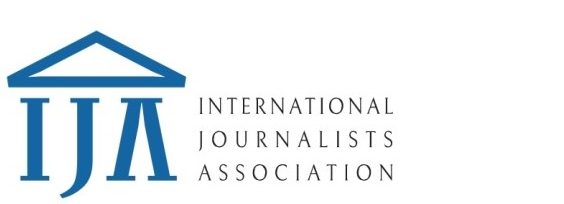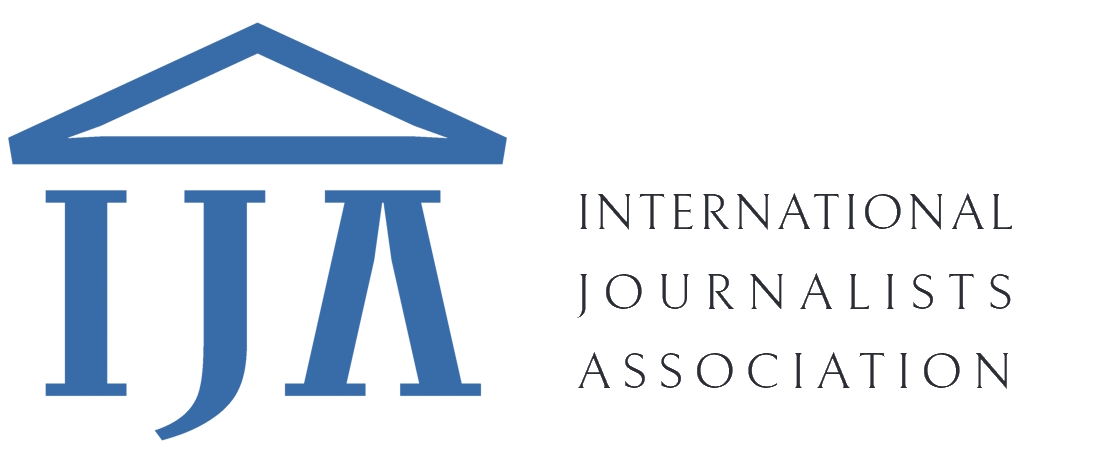Turkey’s broadcasting watchdog, the Radio and Television Supreme Council (RTÜK), has imposed fines on digital platforms Netflix and local streaming application Exxen in addition to pro-opposition Halk TV, Fox TV and TELE1 due to their “immoral” and anti-government broadcasting, local media reported on Wednesday.
Netflix was fined on the grounds that a Spanish movie titled “Donde Caben Dos” (More the Merrier) streaming on the platform was “based on a fiction in which homosexuality, incest and couple swapping were predominantly featured,” a situation characterized by the council as damaging to public morals.
RTÜK also ordered Netflix to remove the movie from its catalog of content offered to viewers in Turkey, according to local media reports.
Local streaming service Exxen was fined due to the use of “a large number of swear words and slang words containing sexist elements and references to family members” in an episode of a talk show called “Konuşanlar,” Turkish media reports said, adding that the platform was also ordered to remove the episode from its content.
Local media reports also said Fox TV, Halk TV and TELE1 were fined due to a series called “Yasak Elma,” political debate programs “Açıkça” and “İki Yorum,” and “Demokrasi Arenası,” respectively.
İlhan Taşçı and Okan Konuralp, RTÜK members from the main opposition Republican People’s Party (CHP), criticized the decisions for violating freedom of expression and thought.
Underlining that he voted against the board’s decisions on Exxen and Netflix as well as those on the TV channels, Konuralp said: “RTÜK fined TELE1 because CHP group deputy chairman Engin Altay called President Recep Tayyip Erdoğan a ‘dictator’ [during a program]. However, aside from discussions about whether using the word ‘dictator’ is a crime or not, Altay’s words were [uttered] within the scope of [his] parliamentary immunity.”
Taşçı said RTÜK imposed a TL 210,000 ($13,883) fine on Halk TV because of the criticism made during programs regarding Devlet Bahçeli, the far-right leader of the Nationalist Movement Party (MHP) and Erdoğan’s election ally, and Ali Erbaş, head of Turkey’s Religious Affairs Directorate.
The Justice and Development Party (AKP) government shuttered 60 TV and radio channels by decree during a state of emergency imposed after an abortive putsch in July 2016.
The government has also played an active role in the takeover of big media outlets since 2007 by companies it considers friendly. Under new ownership, the media outlets have tailored their coverage to avoid criticism of the government, and in some cases, acted as direct mouthpieces for the presidency.
RTÜK has been accused of contributing to increasing censorship in the country by imposing punitive and disproportionate sanctions on independent television and radio stations critical of the government.
According to Reporters Without Borders (RSF), 85 percent of the national media in Turkey is owned by pro-government businessmen and toe the official line.
Resource: turkishminute.com





















